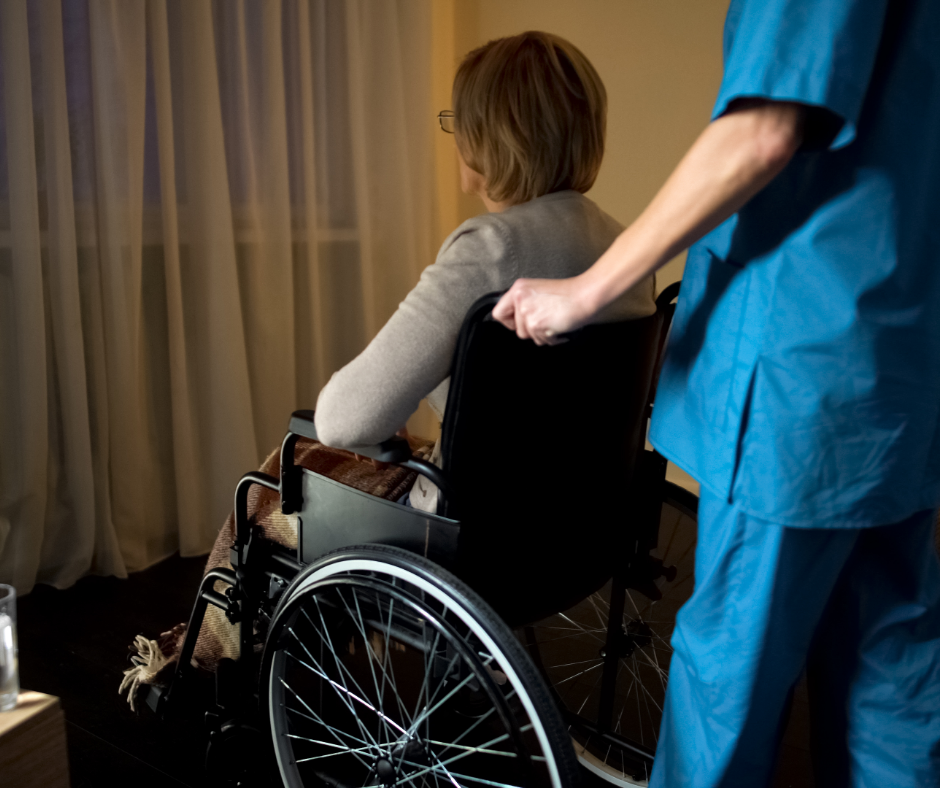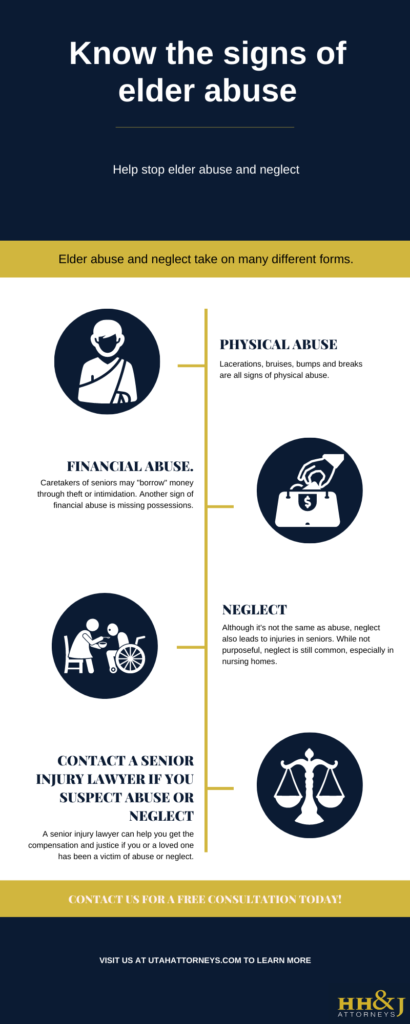“I pray to God each day to protect us, help us endure and guide those other senior citizens who are also suffering.” – Mickey Rooney
You may or may not remember actor Mickey Rooney filing a lawsuit against his stepson in 2011 for financial exploitation, a form of elder abuse. The famous actor said his stepson and stepdaughter, Chris and Christina Alber, lied to him about his finances while stealing millions of dollars. Court papers alleged that “Chris is verbally abusive toward Mickey. …He yells and screams at Mickey. He threatens, intimidates, bullies, and harasses Mickey. Mickey is effectively a prisoner in his own home.” Rooney said his stepson isolated him, redirected his mail, denied him such basic necessities as food and medicine, and forced him to work, telling him he was out of money. A conservator was appointed to guard the actor’s finances.
After this ordeal, Rooney issued a statement to his fans, saying “All I want to do is live a peaceful life, to regain my life and be happy… I pray to God each day to protect us, help us endure and guide those other senior citizens who are also suffering.”
Though Rooney had problems due to age, he was not mentally impaired. Unfortunately, financial abuse and other forms of elder abuse are all too common.
Problems in Utah with elder abuse
We have our own problems in Utah. Approximately one in ten elders is abused but only one in 14 cases is ever reported. In Utah, these elder abuse cases have risen about 40% in the past five years.
Many of these cases are instances of financial abuse and the perpetrators are usually the victim’s own children or grandchildren. The victims tend to be women and the abuse takes place in their own homes, although there are also instances of elder abuse in nursing homes and other care facilities.
The pattern
Though my clients aren’t as wealthy or as famous as Mickey Rooney, we’ve seen a similar pattern in the cases we have filed. Typically, a child, grandchild or younger friend will begin paying more attention to a senior woman who lives alone. Grateful for the help and company, the woman quickly entrusts the helper with her finances.
Over time, the helper begins telling the senior that others in the family do not care about her and they isolate her from others by controlling her mail and intercepting her phone calls. The helper begins to take a few hundred dollars at a time, often with permission from the senior who is afraid of being abandoned if she says “no.” The senior downplays the problem when other family members complain, but she knows her savings are quickly disappearing.
Signs of elder abuse
Knowing the signs of elder abuse is the first way to stop it from happening. The following are signs of elder abuse according to the Utah Department of Human Services:
- Unexplained bruises or welts
- Unexplained injuries such as lacerations, fractures, and abrasions
- Low self-esteem or loss of self-determination
- Behavior that is withdrawn, passive, or fearful
- Malnourishment/dehydration
- Disappearance of possessions
- Inadequate living environment
This is not an extensive list. You can find the full list here.
What to do
What can be done? Often, the best course is to seek court appointment of a conservator, a person who is appointed to protect and manage the senior’s finances. Sometimes, the senior may agree to place his or her savings in a trust to be managed responsibly by family members. Here are some resources if you suspect someone of elder abuse:
- Utah Adult Protective Services
- Utah Bureau of Health Facility Licensing, Certification, and Resident Assessment
- Utah Division of Aging and Adult Services
- Utah Office of Attorney General Senior Abuse
If you suspect a senior is being exploited or abused, get professional help quickly. If you are a victim of elder abuse or suspect a loved one is a victim, you can get legal help. For 40 years I’ve been helping senior Utahns get the help they need when dealing with elder abuse and other elder law issues. Contact our office today for a free consultation.






Leave A Comment